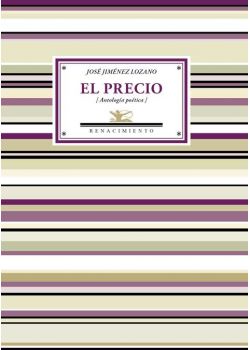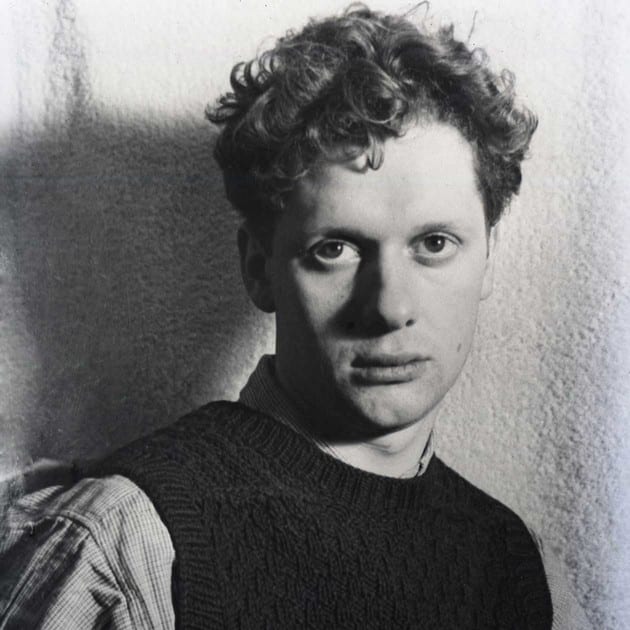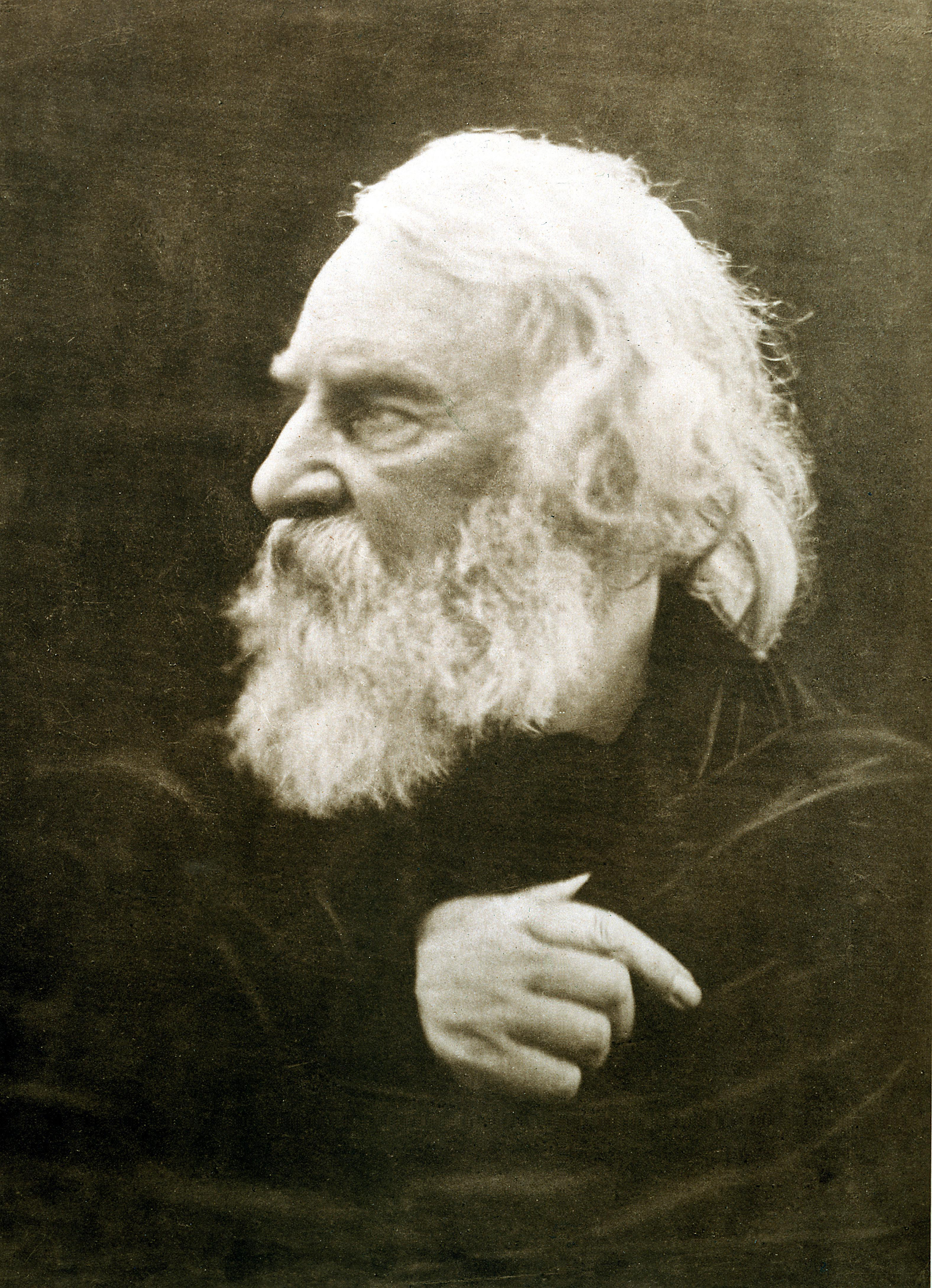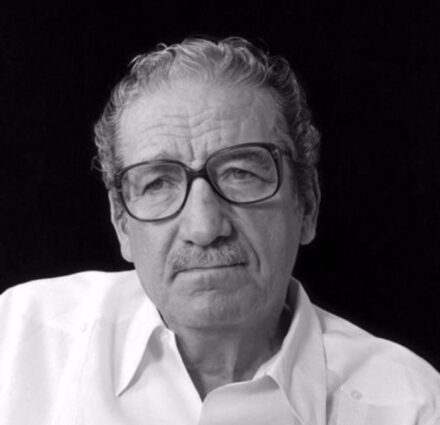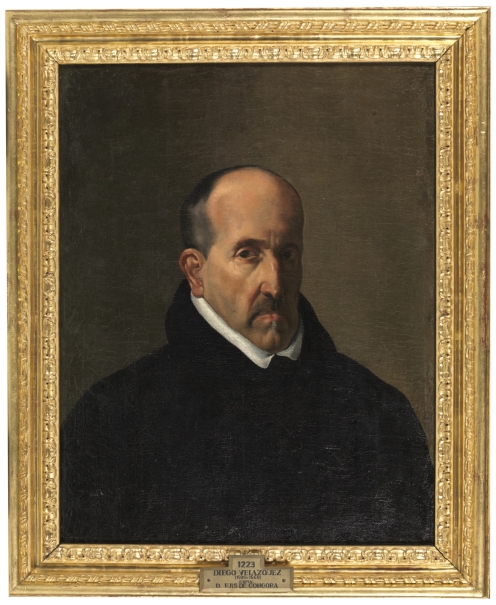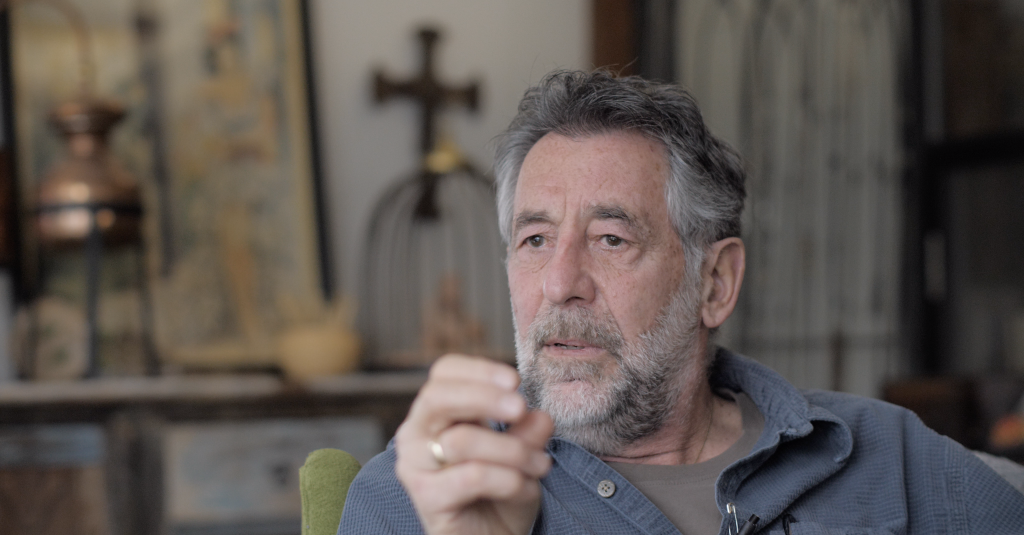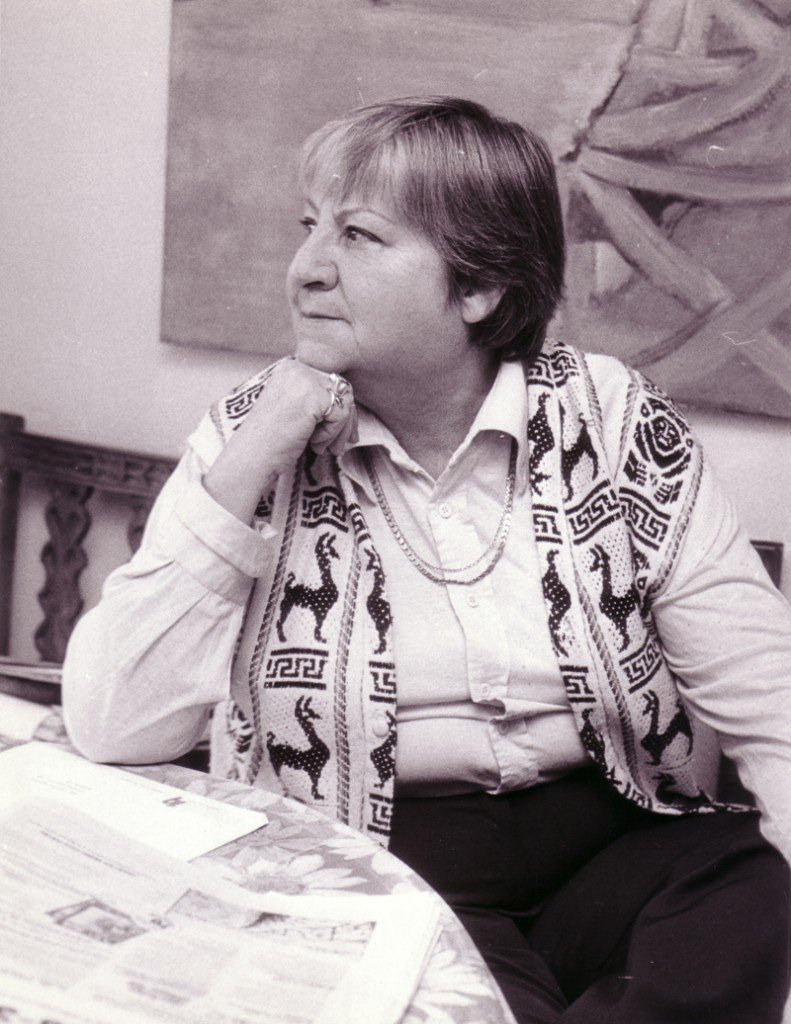Poco antes de morir, el filósofo Richard Rorty publicó un ensayo en la revista Poetry titulado "El fuego de la vida". Es un ensayo muy breve y muy bonito en el que compara el lenguaje de la filosofía y la poesía, y cómo desde que le diagnosticaron el cáncer de páncreas, no ha ido a refugiarse en la filosofía, a la que dedicó su vida, sino en la poesía.
¿Algún remordimiento? El que confiesa en el ensayo (seguro tendría otros) es no haber pasado más tiempo leyendo poesía. Un remordimiento que compara con no haber pasado más tiempo con sus amigos.
Y con este ensayo y este poema, uno de los que Rorty cuenta que estaba recitando en sus últimos días, concluimos este mes de considerar la muerte en la poesía.
 |
| (via) |
DYING SPEECH OF AN OLD PHILOSOPHER
I strove with none, for none was worth my strife:
Nature I loved, and, next to Nature, Art:
I warm’d both hands before the fire of Life;
It sinks; and I am ready to depart.

